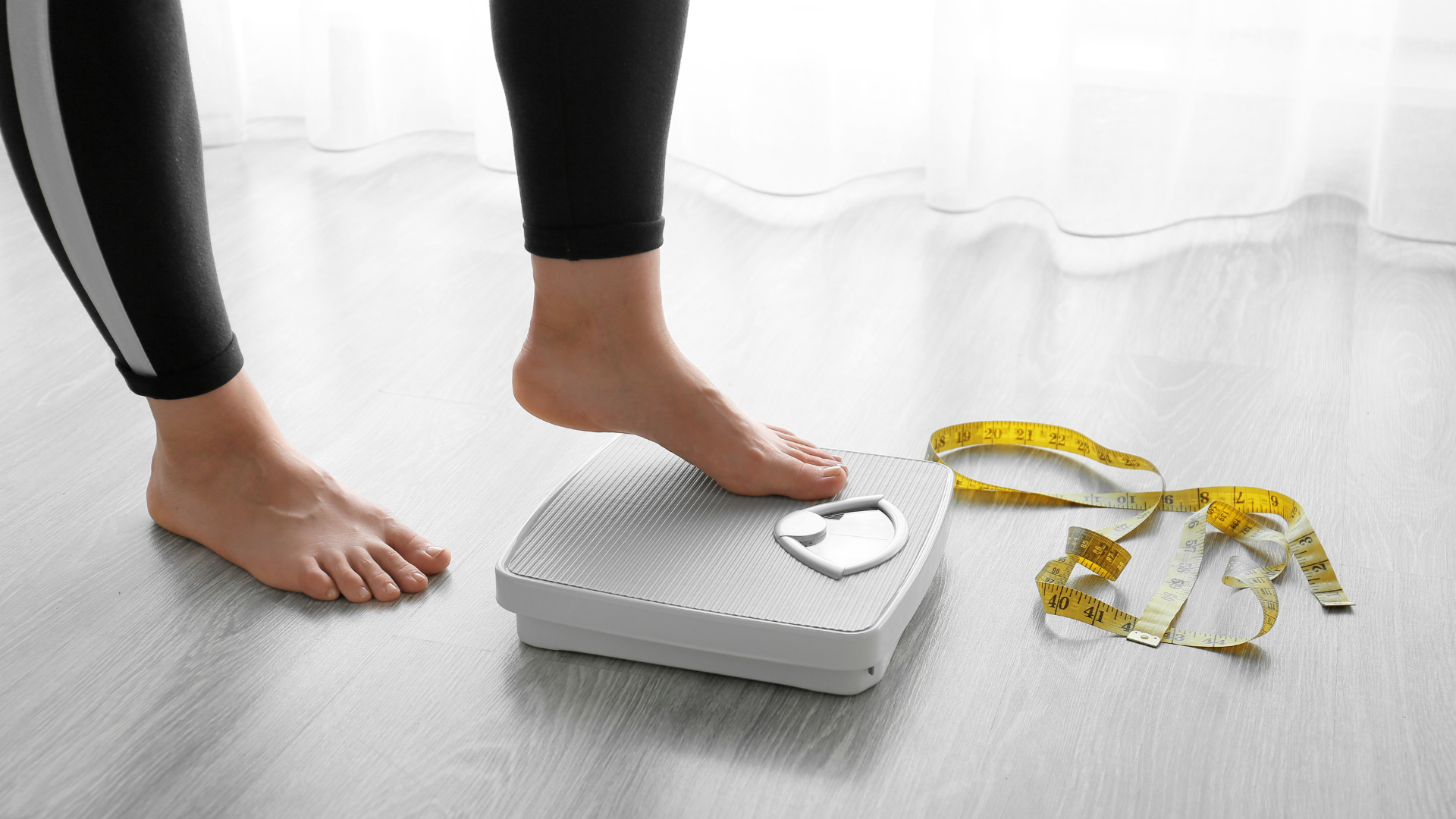When we talk about hot flashes, we will imagine a chubby auntie fanning herself. As everyone knows, hot flashes is a common peri-menopausal symptom. As we age, hormone levels in our bodies change. Estrogen decrease in women and this period of adjustment—menopause—brings varying degrees of physical and mental discomfort.

Menopause usually happens to women between 45 and 55. As ovarian hormone levels drop, menstruation decreases and eventually stops in a year, leading to loss of fertility. This sudden change also shows up in other ways: over 70% of women experience hot flashes, vaginal dryness, frequent urination, insomnia, fatigue, and rapid heartbeat.

Studies show that at least 50% of women gain weight during menopause, with an average weight gain of 1.5 kg per year in the premenopausal period and an average weight gain of 10 kg during menopause. During this period, fat is mostly accumulated in the abdomen and upper body. As estrogen levels decrease, visceral fat increases from 5% to 8% of body weight to 10% to 15% of total body weight. At the same time, as muscle mass decreases, metabolism also slows down, and obesity has become one of the symbols of menopausal women.

Low hormone levels during menopause can lead to more severe illnesses. For example, after menopause, women may lose calcium from their bones rapidly due to a sharp drop in estrogen, causing osteoporosis. Lower estrogen in the blood also makes cholesterol more likely to accumulate in blood vessels, leading to atherosclerosis and coronary heart disease.
Hormone supplements can effectively relieve menopausal symptoms, but unless symptoms seriously affect quality of life, medication isn't always necessary.
Eating less but better is a key diet principle during menopause. It's recommended to change the variety of foods you eat at each meal—for example, increase the intake of fruits and vegetables, while reducing sugar, salt, and fat. In addition, menopausal women should adjust their intake of micronutrients like iron, calcium, folate, and iodine. The main meal time food group can be 1/4 protein, 1/4 carbohydrate, and 1/2 with fruit, vegetables, or salad.
It is essential that menopausal women consume carbohydrates, especially while increasing physical activities. Exercising with insufficient intake of carbohydrates will result in lean muscle mass loss, which is counterproductive. Ideally, carbohydrates should make up about a quarter of your total intake, and you should choose low glycaemic carbohydrates (see below):
|
Carbohydrate food |
Low glycaemic choices |
|
Bread |
Multigrain, granary, rye, seeded, oat-based breads, pitta and chapati |
|
Potatoes |
New potatoes, sweet potatoes, yam |
|
Pasta |
All pasta cooked al dente and noodles |
|
Rice |
Basmati rice |
|
Breakfast cereals |
Porridge, no added sugar muesli and other oat-based cereals |

Also, manage stress, keep up a normal social life, and maintain good communication and intimacy with your partner. These all help your endocrine system work smoothly and naturally.

Updated: 2025-08
Please note that all medical health articles featured on our website have been reviewed by Chiron Medical doctors. The articles are for general information only and are not medical opinions nor should the contents be used to replace the need for personal consultation with a qualified health professional on the reader's medical condition.